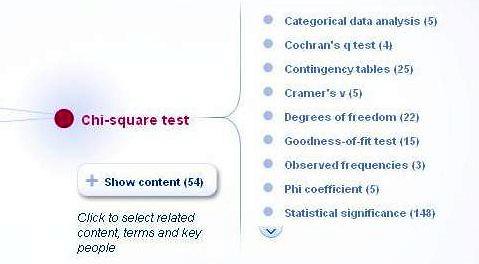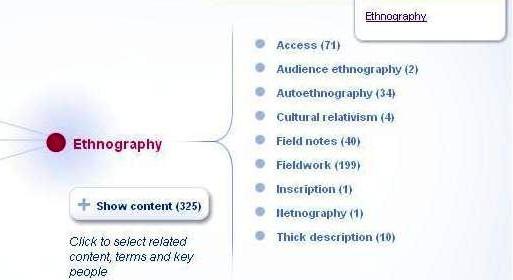Archive for March, 2011
Mar
28
Turn on the news or your favorite talk show on any given morning and you are likely to hear the talking heads report on some amazing scientific finding about human behavior, nutrition, the latest medical breakthrough or latest medical scare (start popping potassium iodide pills, duct-tape your doors and don that contamination suit because Japanese radiation has been detected in a raindrop in Massachusetts!) Unlike the general population, you know better than to accept as fact the media’s interpretation of scientific findings because you’re taking a research methods course and understand that selecting one assumption out of context from a study is simply bad science.
If you are taking a research methods course in criminal justice, education, psychology, political science, sociology or other discipline, there’s a new tool available to help you make sense of the often complex world of research, and that’s the Sage Research Methods Online Database. Here’s how it works: Let’s say your professor discussed the chi-square test in class, but you want more information. If you search chi-square in this database, you’ll see the “Methods Map” display with links to both broader concepts like quantitative data analysis and inferential statistics and narrower discussions like degrees of freedom and statistical significance. The cool thing is that all of these topics relate back to your original topic, the chi-square test, so you can see in how one concept relates to other concepts.

If you’re a sociology major and taking ethnographic research, search on ethnography and you get a similar display of related topics. You’ll see that ethnography is a form of qualitative data analysis and you can link to books, chapters, and articles discussing this broader concept. If you want to dig deeper into ethnographic techniques, simply click on the narrower concepts for autoethnography, field notes, or thick description.

Now, let’s say you’re a psychology major and your professor wants you to find and critique a psychological study with a quasi–experimental design. Right now you can key in your methodology, find links to content on this type of methodology and get a clear understanding of how quasi–experimental studies are designed. Future enhancements will allow this database to link you to actual examples of studies applying these methodologies.

One more feature of the database are brief videos of experts discussing research topics. Let’s say you’re an education major taking action research and want to view a video on action research and participation. Simply key in your terms, select “videos” and you’ll get some immediate results:

So, whether you’re taking a research methods course or just want to know how to better interpret scientific information, the SAGE Research Methods Online database should be your first stop.

Like the Pearson Library on Facebook.